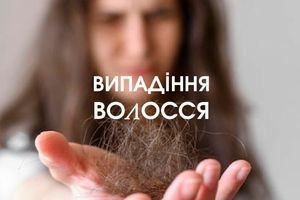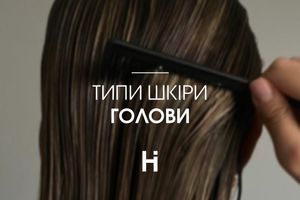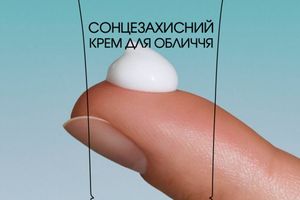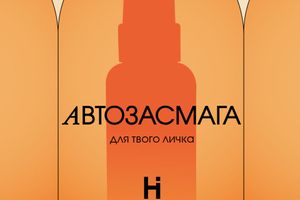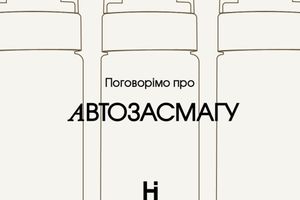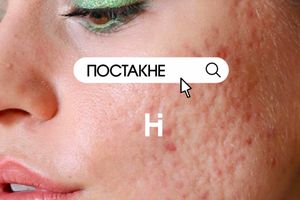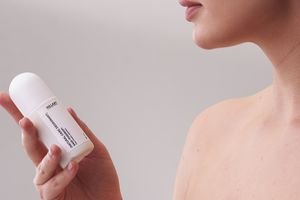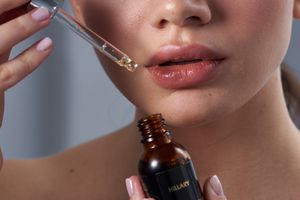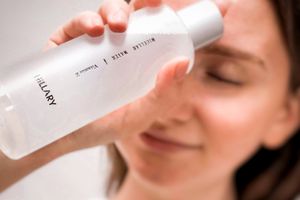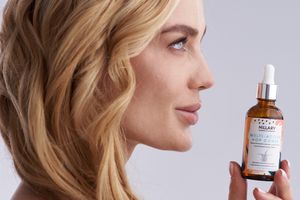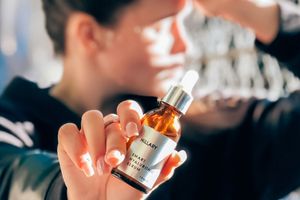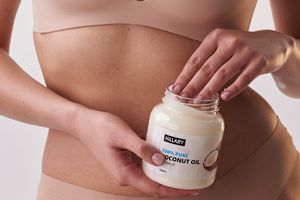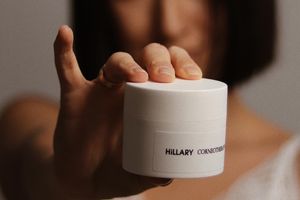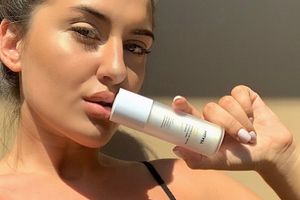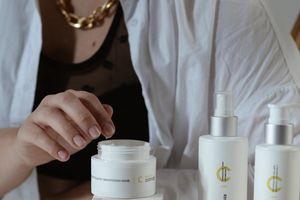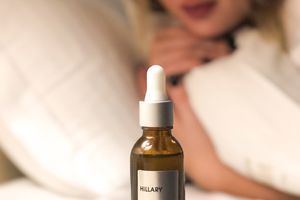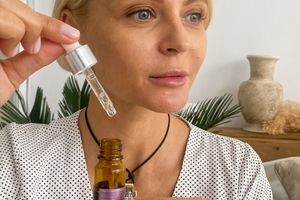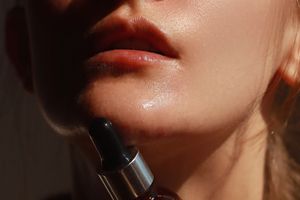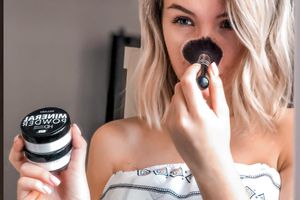Why does hair fall out?
Hair grows from follicles. A person is born with about 100,000 follicles, which gradually become active during life, and hair begins to sprout from them.
Every day we lose 50 to 100 hairs. This is the norm, because each hair, having passed its life cycle of approximately 5 years, dies and gives way to a new one. But if more hair falls out, then this is worth going to a trichologist - a doctor who specializes in hair and scalp. He should carefully ask you about your well-being and draw a conclusion based on the data collected.
Baldness is of the following types:
- androgenetic (or hereditary), which depends on the level of the hormone dihydrotestosterone;
- traction (careless attitude to hair, excessive passion for dreadlocks, afro braids, curling irons and irons);
- senile or senile (inevitable, since the amount of hair decreases with age from the “wear and tear” of the follicles”);
- diffuse (temporary baldness caused by stress, illness, postpartum condition, taking certain medications).
If in the case of the first three types of baldness you cannot do without a doctor, then in the case of diffuse hair loss, we can do everything necessary to stop hair loss and speed up its recovery.
The first thing to do is to normalize nutrition and make a balanced diet. When the body receives all the necessary macro - and micronutrients, the problem of hair loss is the exception, not the rule. The diet should contain sufficient amounts of calcium and iron.
Hair shampoos
Shampoos cannot affect the hormonal or autoimmune causes of hair loss. But shampoo can affect the quality of our hair and the health of our scalp. Therefore, it is very important to choose the one that suits you.
The most common shampoo ingredients are: synthetic detergents, preservatives, opacifiers (substances that make the substance opaque), stabilizers, fragrances. All these components can negatively affect the scalp and the condition of the hair, causing dryness, brittleness and damage. Make sure your shampoos are free of sulfates, especially if you have dry or sensitive scalp. Silicones in shampoos have the ability to settle on the scalp, thereby blocking the supply of nutrients to the scalp, the loss of dead hair and the growth of new hair. They are also an undesirable component in the composition of the shampoo.
How to take care of your hair?
Easier than it might seem at first glance. Although here there are myths and prohibitions.
For example, the belief that frequent shampooing leads to hair loss is a myth.
Hair should be washed when it gets dirty. And each person has such an individual need. If you have oily scalp, frequent washing may be required.
Dermatologists-trichologists advise such hair care:
Shampoo primarily on the scalp, not just the lengths of the hair.
Use conditioner after shampoo.
Conditioner should only be used on the ends of the hair.
Protect your hair while swimming.
Do not dry your hair with a towel. Just wrap it around your head to absorb moisture and let your hair dry naturally.
If you have straight hair, never comb it wet. But if you have curly hair, then vice versa, you should comb it wet. To do this, choose a comb with wide teeth.
Use irons and curling irons no more than once a week or less.
Choose hairstyles that do not require the use of long-lasting styling products.
Don't comb your hair often. The 100 brush rule is a myth that is bad for your hair.

























































